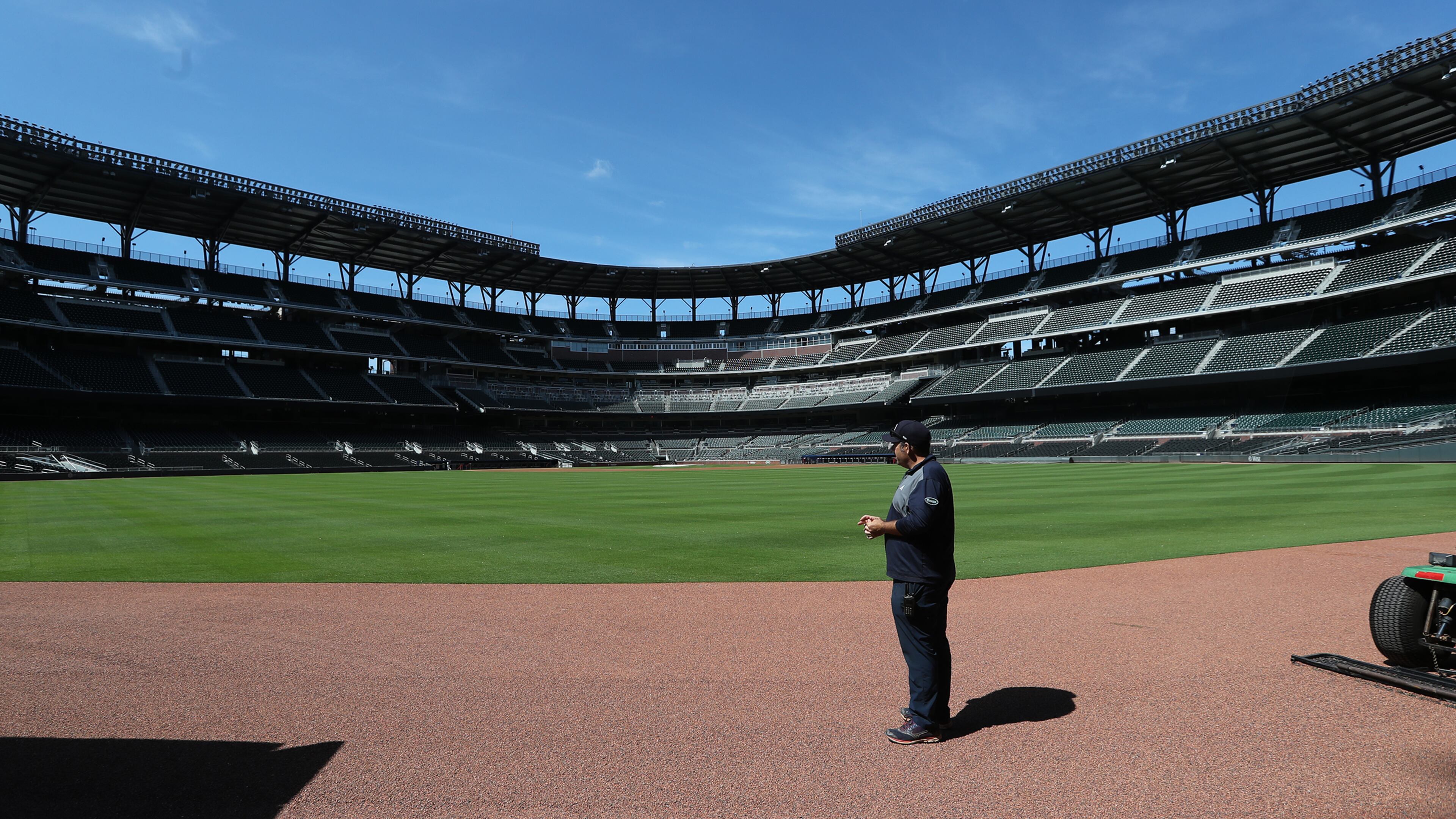Report: Baseball players find owners’ proposal ‘extremely disappointing’

A rookie at the major league minimum would make a higher percentage of his salary than multimillionaire stars like Mike Trout or Gerrit Cole under a sliding-scale proposal by big league teams that players found “extremely disappointing.”
Major League Baseball made the proposal to the players' union on Tuesday during a digital meeting rather than the 50-50 revenue-sharing plan that owners initially approved for their negotiators on May 11, two people familiar with the plan told The Associated Press. The people spoke on condition of anonymity because the details were not announced.
In addition, the union said “the sides also remain far apart on health and safety protocols” aimed at starting the pandemic-delayed season around the Fourth of July.
“We made a proposal to the union that is completely consistent with the economic realities facing our sport,” MLB said in a statement. “We look forward to a responsive proposal from the MLBPA.”
The revenue-sharing plan earlier this month was met with immediately hostility from the union the day owners gave their negotiators the go-ahead. That plan was not presented to players when talks began the following day.
During that session, MLB gave the union a presentation claiming billions of dollars of anticipated losses and held off making a proposal for two weeks.
Salaries in the major leagues range from $563,500 at the minimum to $36 million each for Trout, the three-time MVP outfielder on the Los Angeles Angels, and Cole, the pitcher signed by the New York Yankees as a free agent.
According to a study by the AP, 369 of 899 players have salaries of $600,000 or less, according to the rosters frozen in March.
Under MLB’s proposal, the playoffs would expand from 10 teams to 14 and players would receive more money if the postseason is played. Usually, salaries are earned during the regular season only and players receive money from the postseason pool, a maximum of about $382,000 last year for a full share on World Series champion Washington.
Players agreed March 26 to a deal in which they would receive prorated shares of their salaries based on what percentage of each team’s 162-game schedule is played. In exchange, players were guaranteed that if no games are played they would receive service time for 2020 matching what they accrued earned in 2019.
Players were scheduled to earn about $4 billion in salary this year. Many players and union leadership have said the March 26 agreement would stand and no additional salary should be given up.
Teams are worried about being at risk if a second wave of the virus causes cancellation of the postseason, which results in MLB receiving $787 million in broadcast revenue this year.

